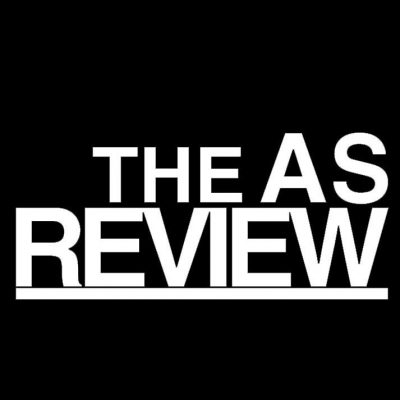By Julia Berkman
The Bellingham Human Rights Film Festival is kicking off this week with 25 hand-picked films that provoke the viewer to define the concept of human rights.
“What are rights, what are universal human rights – and what do we do?” asks the Human Rights Film Festival mission statement.
Bending the Arc, one of the films being shown, is about a group of young people in the ‘80s who committed to helping people who public health system had failed by starting what would become a large non-profit organization known as Partners In Health.
The film follows creators Jim Yong Kim, Paul Farmer and Ophelia Dahl on their mission to provide healthcare to everyone who needed it, not just those who could afford it.
What that group of people did in Haiti soon spread to the rest of the world. Their humanitarian efforts have been praised by the U.N. and President Obama.
The basis of Partners in Health is a focus on community health rather than the individual. At the height of the AIDS/HIV crisis, Partners in Health did outreach to communities as a whole about preventative measures, as well as treating those already afflicted.
Once Partners in Health left a location, they also made sure they left behind people trained to continue their mission. Those community health organizers would use the resources and tools Partners in Health had given them to bolster their own community.
The film, directed by Kief Davidson and Pedro Kos, won the Audience Award at the Berkshire International Film Festival in 2017. You can watch it on Feb. 21 at the Fairhaven College Auditorium.
Another film that will be shown at the Human Rights Film Festival, What Doesn’t Kill Me, is about women who survive domestic abuse only to lose custody of their children. Director Rachel Meyrick is affiliated with the group Women Make Movies.
According to What Doesn’t Kill Me, an abusive father, who contests custody from a protective mother, will win 70 percent of the time.
In the film, there are testimonies and interviews from women who have lost custody of their children to their abuser. The film follows Charlotta Harrison, a survivor’s avocate who survived a 60-year abusive marriage, as well as countless other women petitioning to see their children.
This film, which is sponsored by the Domestic Violence and Sexual Assault Services of Whatcom County, will be shown at the Bellingham Public Library on February 23.
Kokota, the Islet of Hope will also be shown at the Fairhaven College Auditorium on February 24 at 2:15 p.m.
The film is the story of Mbarouk Mussa Omar, who came across the floundering island Kokota.
Kokota was being poisoned by global warming and deforestation. Their surrounding waters were devoid of fish and their forests were almost wiped out. Omar wanted to help, but he wasn’t rich enough to install any necessary infrastructure.
Instead, he and the islanders worked together to create a change in their lifestyle. Now, Kokotans plant trees instead of cutting them down and have raised enough money to buy a set of solar panels.
Omar believes that the island of Kokota is a prime example that by changing the way a society lives, by changing their habits, you can foster real change in the environment.
“We have everything we need. It’s not even about sacrifice, it’s about changing,” the narrator states.
This Canadian film, produced by Craig Norris, has won Best Cinematography at the Atlanta Film Festival, Best Sustainability Short at the DC Environmental Film Festival and Best Canadian Short at the Planet In Focus Film Festival.
These and 22 other films will be shown around Bellingham in the coming month.

